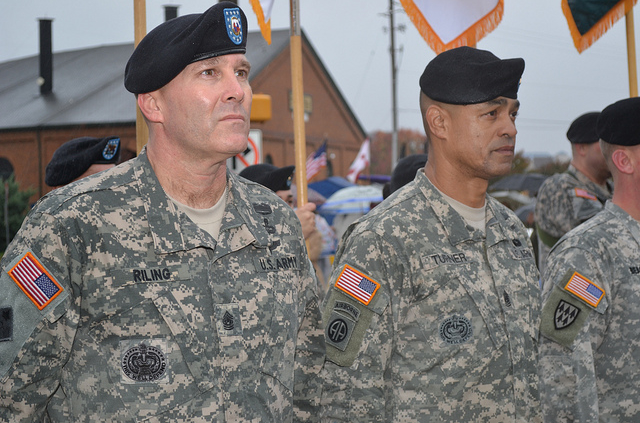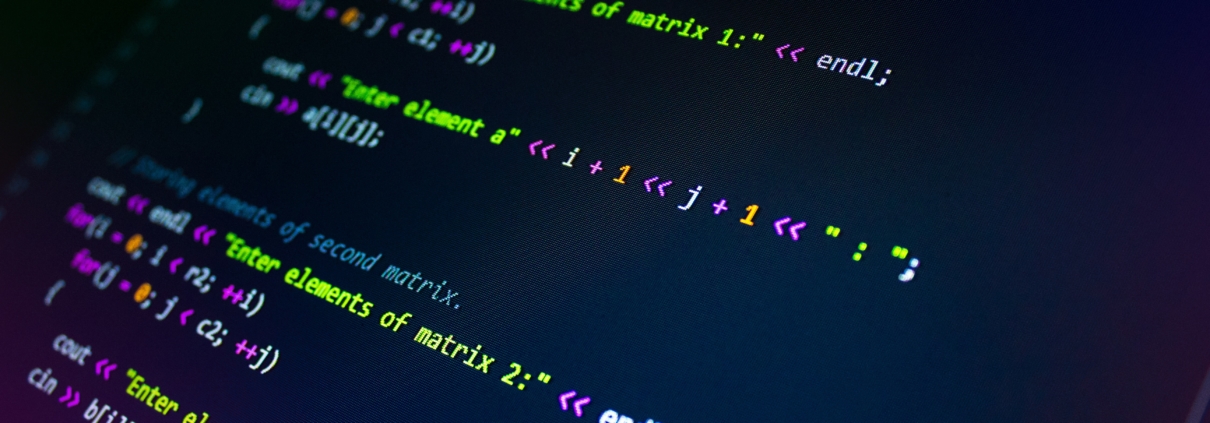3 Industries That Love to Hire Veterans
For many veterans and military spouses, finding the right career path can be a tremendous struggle. While a growing number of industries are becoming more open to the idea of hiring veterans or military spouses, there are a few career fields that actively seek to hire vets and are also a great fit for any former servicemember. These career fields often require the same skill sets and capabilities that are taught in the military – such as teamwork, attention to detail, and discipline. If you’re a veteran or military spouse looking for your next career move, consider these three industries that love to hire veterans.
Law Enforcement:
This shouldn’t come as a surprise as many law enforcement positions offer an easy transfer for today’s veterans. Due the nature of police work and similar organizational structure, law enforcement will likely feel more familiar for servicemembers who have been deployed overseas. Additionally, law enforcement roles often mirror their military counterparts – from dog handlers to detectives, many veterans already have much of the specialized training necessary to work on a police force. What’s more, there are already many veterans in the law enforcement community so it’s hardly difficult to find individuals, or even entire groups of people, with shared experiences.
Technology:
Although many veterans and military spouses may not know it, they are the perfect fit for the nation’s fastest-growing industry – technology. With recent tech booms across all major cities, CEO’s from Silicon Valley to Austin are looking for the best employees to fill their ranks. And from what we’re hearing, it’s not about hiring the next JavaScript expert, it’s about hiring a team player who can show up on time and do the right thing even when no one is looking. Contrary to the myth, most tech companies aren’t very fond of the ‘rock stars,’ rather, they favor disciplined and calm individuals who can keep it together in times of stress. It’s no wonder then, that major tech companies like Amazon, Dell, Hewlett Packard, and SpaceX are actively seeking to hire thousands of veterans and military spouses. For today’s veterans, the tech industry offers an exciting career that requires a can-do and adaptable mindset – old hat for soldiers, sailors, airmen, and Marines. And considering that most tech roles — whether you’re coming on the team as a day-one programmer or developer — offer salaries near or above six figures, the tech industry should definitely be on every veteran’s radar.
Government:
Government roles are a good fit for veterans as they essentially adhere to a similar organizational structure as the military. Additionally, government positions span many different agencies and departments – including civilian roles in the Army, Navy, Air Force, Marines, or the Coast Guard. In fact, the government also offers positions for those interested in the aforementioned industries of law enforcement and technology. Veterans will also find that their military experience can translate into promotional points for a particular career field and, perhaps best of all, veterans and military spouses receive preference for all government job openings. This offers a tremendous advantage, and incentive, for today’s veterans and military spouses to apply. If you’re interested in working for the government, head over to USAJobs to find your next career field.
While veterans are a great fit for many different industries, it’s clear that many can truly excel in law enforcement, tech, or working for the government. And since all these fields are actively recruiting veterans, it’s worth considering a career in any of these three professions.

















